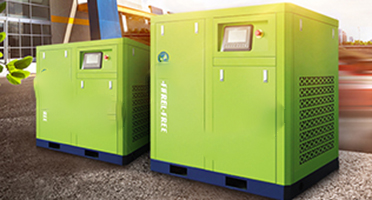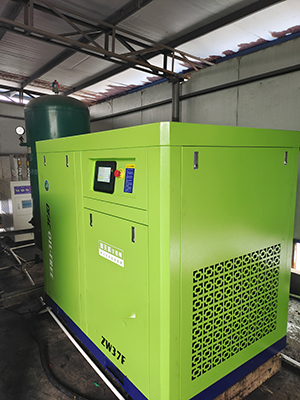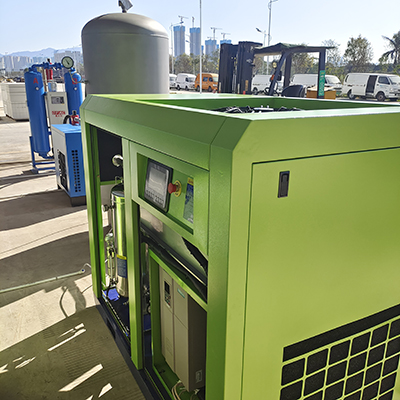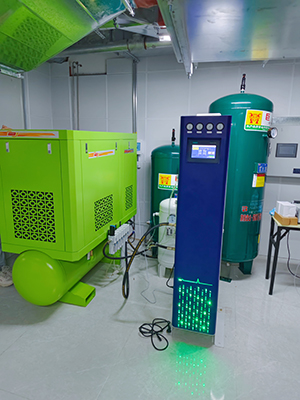medium pressure air compressor noise level comparison for indoor and outdoor working environments
News 2025-10-24
In industrial operations, medium pressure air compressors play a vital role in powering tools and systems, with pressures typically ranging from 100 to 150 psi. Noise levels from these machines are a critical consideration, as they affect worker health, equipment longevity, and regulatory compliance. This comparison examines how noise emissions vary between indoor and outdoor settings, emphasizing the need for environment-specific strategies to optimize performance and safety in manufacturing, construction, and other sectors.

Noise Levels in Indoor Environments
Indoor settings, such as factories and workshops, often intensify compressor noise due to sound reflections from walls, floors, and machinery. Medium pressure air compressors in these confined spaces typically generate noise between 80 and 100 decibels (dB), which can exceed safe exposure limits and lead to fatigue or hearing loss. Key factors include the type of compressor enclosure and acoustic treatments, which can reduce noise by up to 10-15 dB, thereby enhancing productivity and meeting occupational health standards.
Noise Levels in Outdoor Environments
In outdoor applications like construction sites or open-air facilities, noise from medium pressure air compressors dissipates more readily into the atmosphere. This results in lower average noise levels, usually ranging from 70 to 90 dB, influenced by elements such as wind direction, terrain, and surrounding vegetation. While outdoor noise is generally less problematic, factors like nearby residential areas or environmental regulations require careful assessment to minimize disturbances and ensure compliance with local noise ordinances.
Comparative Analysis and Performance Benefits
When contrasting indoor and outdoor environments, indoor noise levels are consistently higher due to amplification effects, highlighting the advantage of selecting compressors with advanced noise-reduction features, such as insulated housings or variable speed drives. Outdoors, the natural attenuation offers performance gains in terms of reduced maintenance needs and lower energy consumption for cooling. This analysis underscores the importance of noise control in industrial processes, where quieter operations can improve efficiency, reduce downtime, and support sustainable practices by aligning with health and safety guidelines.


